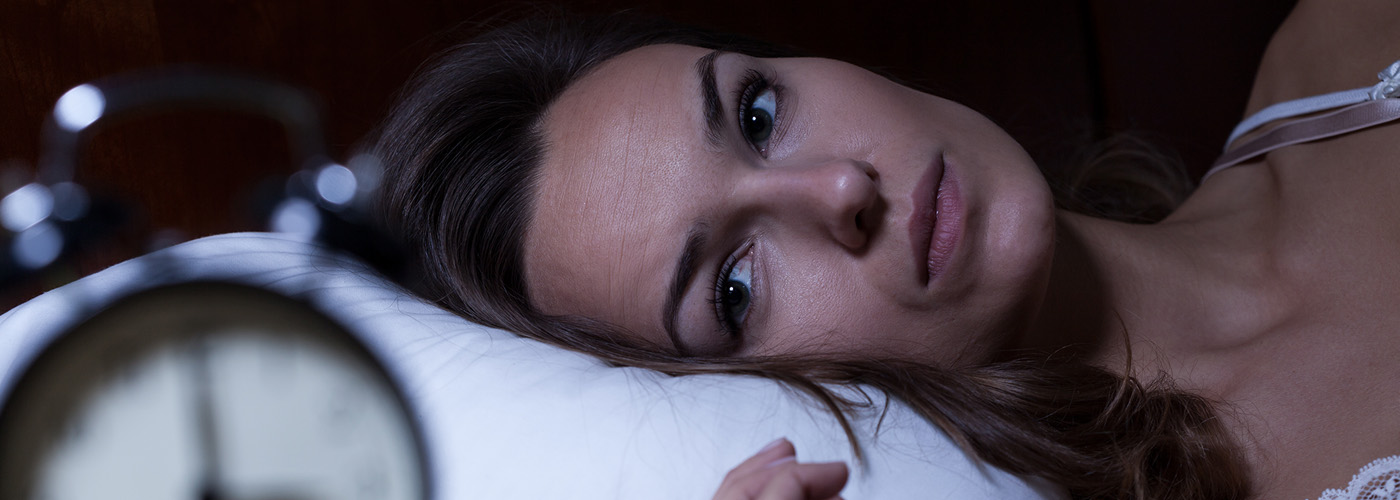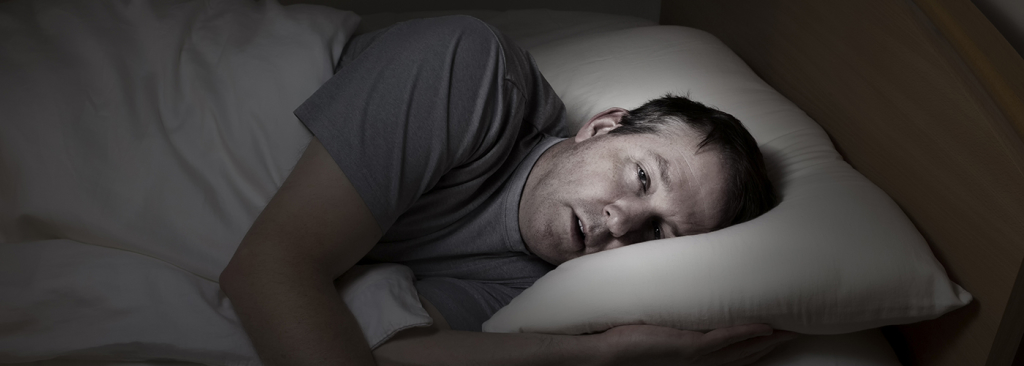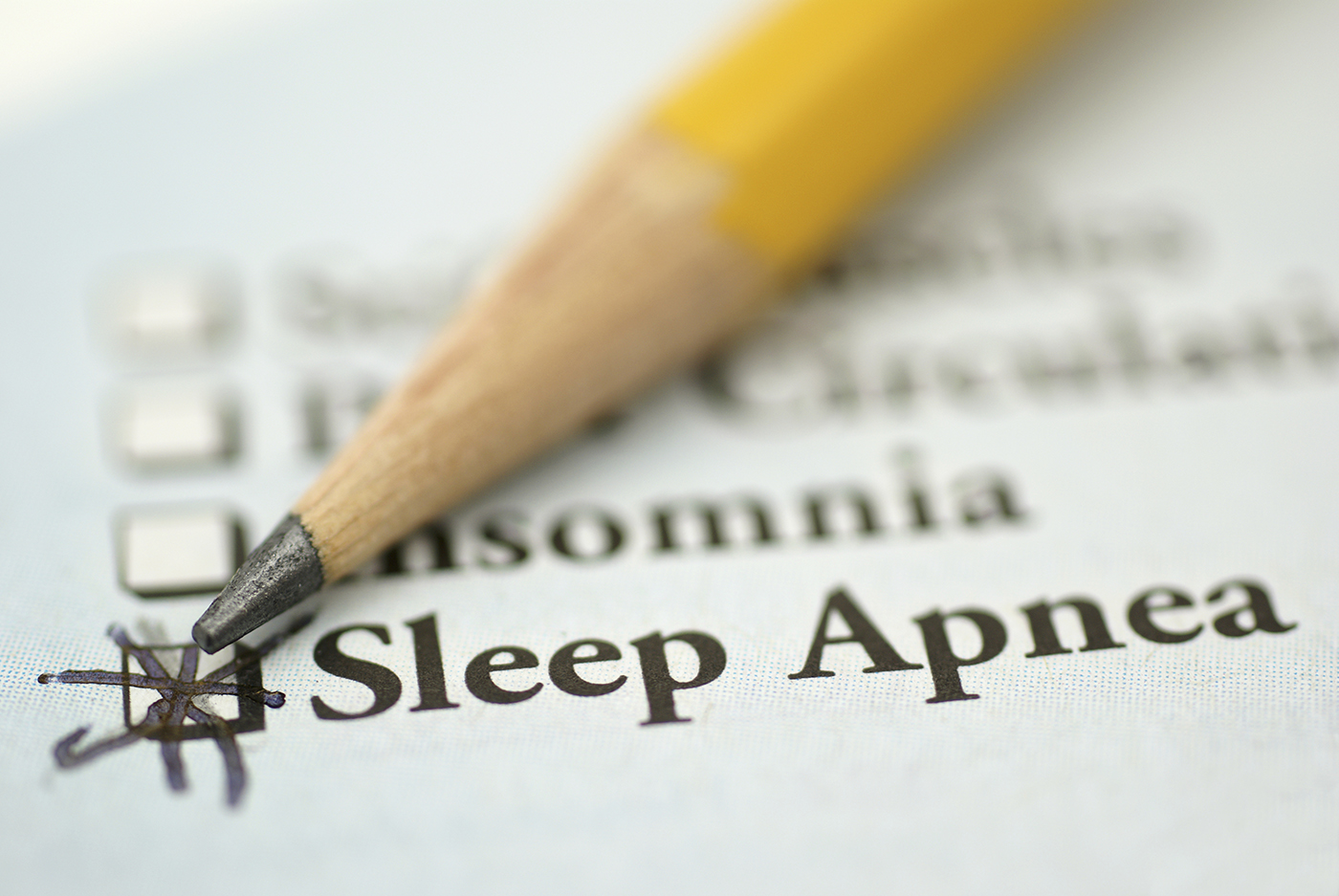
Snoring & Sleep Apnea
The terms “snoring” and “sleep apnea” are often confused. Snoring is the simple reverberation of the soft palate creating noise that may be soft and intermittent to very loud and constant. Sleep apnea is the partial or complete blockage of the airway lasting at least 10 seconds. Although both snoring and sleep apnea may disrupt sleep, sleep apnea is usually much more detrimental to our health causing more severe daytime sleepiness and health consequences. Most individuals that snore do not have sleep apnea. However, almost all with sleep apnea snore. The louder the snoring, the more likely sleep apnea is present.

Causes of Snoring
Snoring may be due to one or more of a number of causes. They include but are not limited to the following:
Symptoms of Snoring
Snoring produces noisy sounds while a person is sleeping. The sleep disruption can result in fatigue during waking hours.

Health Consequences of Sleep Apnea
A person with sleep apnea may experience one or more symptom.
- Loud and frequent snoring
- Witnessed stops or pauses in breathing while asleep
- Choking or gasping for air while asleep
- Night restlessness
- Daytime tiredness
- Morning Headaches
- Cardiovascular disease
- Progression of heart disease and heart attacks
- Hypertension
- Irregular heart rhythms
- Strokes
- Others
- Depression
- Chronic pain
- Fibromyalgia symptoms
- Low testosterone (men)
- Kidney disease
- Obesity

Treatment for Snoring and Sleep Apnea
If you have been diagnosed with only snoring and significant sleep apnea is not present, your treatment may be very simple. Some remedies that Dr. Nassar and Dr. Festic might suggest include the following:
- Lose weight by making healthy lifestyle choices
- Do not use sleeping pills before bedtime
- Reduce or eliminate alcohol intake before bed
- Raise the head of your bed slightly
- Sleep on your side.
Sleep Apnea Treatments
Oral appliances are worn during sleep to keep the airway open by bringing the lower jaw forward. A mandibular advancement device (MAD) is most commonly used. It snaps over the upper and lower dental arches and allows the position of the lower jaw to be adjusted forward as needed to optimize therapy.
Oral appliances are prescribed and adjusted by Dr. Nassar. Afterward, it is important to see him regularly to ensure that your oral appliance is continuing to work with minimal-to-no side effects. Adjustments or even replacements will be made when deemed necessary.
Even though CPAP therapy is commonly used because of its reliability, patients sometimes have difficulty using it. It is important to contact Dr. Nassar if you have problems with the machine. CPAP can be uncomfortable until the correct settings are reached and adjustments are made to ensure a proper and comfortable fit of the mask or nose piece. Until then, do not stop using your CPAP machine. More than one attempt at making adjustments might be needed in order to achieve the level of comfort that works for you.
The sleep team at Jacksonville Sleep Center will help you get to know your CPAP machine and its accessories. They will advise you about the care and maintenance required to achieve the best results from your CPAP therapy. In addition, while you are using CPAP therapy under Dr. Nassar’s care, it is important to see him regularly to ensure that the treatment is continuing to work with minimal-to-no side effects.
Positional therapy serves to “train” you to sleep on your side by doing something as simple as pinning a sock into which a tennis ball has been placed to the back of your sleep clothing. As you start to sleep on your back, the ball alerts your body to stay on your side. Commercial devices that keep you on your side or that alert your body about position changes during sleep are also available.
If your snoring does not improve by making these lifestyle changes or you have significant sleep apnea, other types of treatment may be necessary to help open your blocked airway. Your treatment may involve the use of an oral appliance, Continuous Positive Airway Pressure (CPAP), or positional therapy. Surgical options are available, but usually only after other treatments have proven to be unsuccessful.
Rather than try to deal with snoring or sleep apnea on your own, Dr. Nassar and Dr. Festic will find a treatment or combination of treatments that will work for you and your circumstances. If snoring or sleep apnea makes it hard to go about your normal daily tasks, contact Dr. Nassar, Dr. Festic and their sleep team at Jacksonville Sleep Center.
